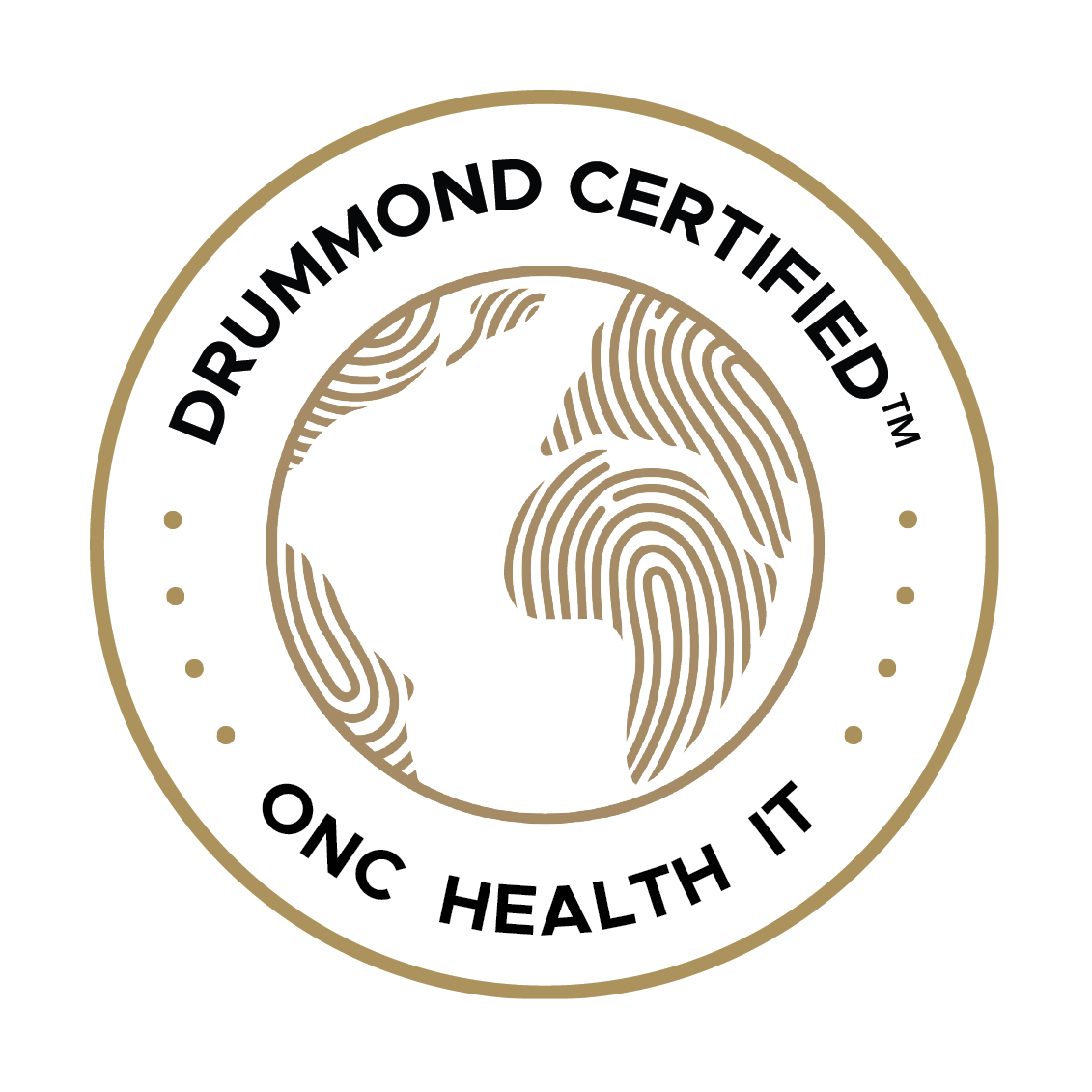Cardiovascular health is a critical issue for women, often overlooked in favor of other health concerns. However, heart disease is the leading cause of death for women in the United States, making early detection and proactive management essential.
This blog will guide you through understanding the early signs of cardiac trouble, the importance of recognizing these signs early, and how GEMMS’ tailored EHR solutions enhance cardiology care.
Understanding Cardiovascular Disease in Women
Understanding cardiovascular disease in women involves recognizing unique risk factors such as hormonal changes and pregnancy-related complications, necessitating proactive care and awareness to manage and prevent heart disease effectively.
Heart disease affects millions of women globally. In the United States alone, nearly one in five women die from heart disease each year. Despite these alarming statistics, awareness remains low, with many women not recognizing the risks until it’s too late.
Unique Risk Factors for Women
Women face unique risk factors for cardiovascular disease. Hormonal changes, particularly during menopause, can increase the risk.
Pregnancy-related complications, such as preeclampsia and gestational diabetes, also elevate the chances of developing heart disease later in life. Emotional stress and depression affect women’s hearts more profoundly than men’s, and smoking poses a greater risk for women compared to men.
Additionally, conditions like diabetes can significantly increase the likelihood of heart disease in women, who may also experience silent heart attacks due to altered pain perception.
A family history of early heart disease is a more significant risk factor for women, as are inflammatory diseases like rheumatoid arthritis and lupus. Understanding these factors is crucial for proactive heart health management.
Importance of Awareness and Proactive Care
Awareness is the first step toward prevention. Women need to be proactive about their heart health by understanding their risk factors and engaging in preventive measures.
Regular checkups, healthy lifestyle choices, and staying informed about heart health can make a significant difference.
Early Signs of Cardiac Trouble in Women
Recognizing the early signs of cardiac trouble in women, such as chest pain, shortness of breath, unexplained fatigue, jaw pain, nausea, and lightheadedness, is crucial for prompt medical intervention and improved long-term outcomes.
Common Symptoms
Cardiac trouble often manifests through several common symptoms. Chest pain, shortness of breath, and unexplained fatigue are some of the typical signs that should never be ignored. If you experience these symptoms, seeking medical attention promptly is crucial.
Less Typical Symptoms
Women may also experience less typical symptoms of heart trouble, such as jaw pain, nausea, and lightheadedness. These symptoms are often mistaken for less serious conditions, which can delay critical treatment. Recognizing these early signs can save lives.
Importance of Recognizing These Signs Early
Early detection of heart disease is vital. Recognizing symptoms early and seeking medical intervention can prevent more severe complications and improve long-term outcomes.
Women should educate themselves about these symptoms and not hesitate to consult healthcare providers if they suspect any issues.
Preventive Measures and Lifestyle Recommendations
Adopting preventive measures and making lifestyle changes are essential for reducing women’s heart disease risk.
Healthy Diet and Exercise Tips
Maintaining a healthy diet and regular exercise routine is fundamental for heart health. Add plenty of fruits, vegetables, whole grains, and lean proteins to your diet. Regular physical activity, such as walking, swimming, or yoga, helps keep the heart strong.
Importance of Regular Checkups and Screenings
Regular checkups and screenings are essential. Women should undergo cardiovascular screenings at least once every two years or more frequently if they have risk factors. These checkups can detect early signs of heart disease, allowing for timely intervention.
Managing Stress and Mental Health for Heart Wellness
Stress management is crucial for heart health. Meditation, deep breathing exercises, and a balanced lifestyle can reduce stress levels and promote overall heart wellness. Mental health is interconnected with physical health, making it essential to address both.
Adopting a healthy diet, engaging in regular physical activity, and managing stress effectively are fundamental lifestyle changes. Women should have cardiovascular screenings every two years or more frequently if they have additional risk factors.
How GEMMS ONE EHR Supports Cardiology Care
GEMMS ONE EHR is a comprehensive software solution designed specifically for cardiology practices. It offers features such as cardiovascular-tuned workflows, efficient patient management, and enhanced care coordination.
GEMMS ONE EHR is a fully interoperable and integrated application that enables seamless, real-time merging of clinical processes with revenue cycle management. These features make GEMMS ONE an invaluable tool for cardiologists.
Cardiovascular Tailored Workflows for Efficiency and Effectiveness
GEMMS ONE’s tailored workflows are specifically designed to streamline cardiology practice management, optimizing efficiency and enhancing the quality of care provided.
By facilitating seamless coordination between healthcare providers, the system ensures that each step in the patient journey is meticulously managed.
These workflows simplify administrative tasks and support detailed documentation, ensuring comprehensive records are easily accessible in real-time. This accessibility to patient data enables healthcare professionals to make informed decisions promptly, leading to quicker diagnoses and more personalized treatment plans.
GEMMS ONE promotes enhanced patient communication through its integrated platform, fostering a collaborative environment where patients are actively engaged in their care. This proactive approach improves patient satisfaction, strengthens adherence to treatment plans, and promotes better long-term health outcomes.
By leveraging advanced technological capabilities, GEMMS ONE empowers cardiology practices to operate efficiently, deliver high-quality care, and ultimately achieve superior patient outcomes.
Case Studies or Testimonials from Cardiology Practices Using GEMMS
Many cardiology practices have reported significant efficiency and patient care improvements since adopting GEMMS ONE EHR. Testimonials highlight the system’s ease of use, comprehensive features, and positive impact on practice management.
GEMMS ONE EHR enhances practice management through tailored workflows, efficient patient management, and comprehensive documentation capabilities. The unique benefits include streamlined processes, real-time data access, and enhanced patient communication, all contributing to better patient outcomes.
Integrating Early Detection into Cardiology Practices
Practical Steps for Cardiologists to Incorporate Early Detection into Routine Visits
Cardiologists can integrate early detection strategies by incorporating regular screenings and detailed patient history reviews into routine visits. Utilizing GEMMS ONE EHR can facilitate these processes, ensuring thorough and efficient evaluations.
Utilizing EHR Technology for Efficient Patient Management and Care Coordination
EHR technology, like GEMMS ONE, is vital to efficient patient management. It allows for seamless care coordination and ensures all healthcare providers have access to accurate and up-to-date patient information.
Importance of Patient Education and Communication
Educating patients about the signs of heart disease and the importance of early detection is crucial. Effective communication ensures that patients are well-informed and proactive about their heart health, leading to better outcomes.
By incorporating regular screenings, detailed patient history reviews, and utilizing EHR technology for efficient evaluations. Patient education is critical for informing patients about heart health risks, early signs of trouble, and the importance of seeking timely medical attention.
Conclusion
Early detection and proactive care are essential for women’s heart health. By recognizing the early signs of cardiac trouble and making lifestyle changes, women can significantly reduce their risk of heart disease.
GEMMS ONE EHR solutions provide the tools necessary for cardiology practices to offer comprehensive and efficient care, ensuring better patient outcomes.
We encourage women to be proactive about their heart health and invite cardiologists to request a demo of GEMMS’ EHR solutions to enhance their practice.



